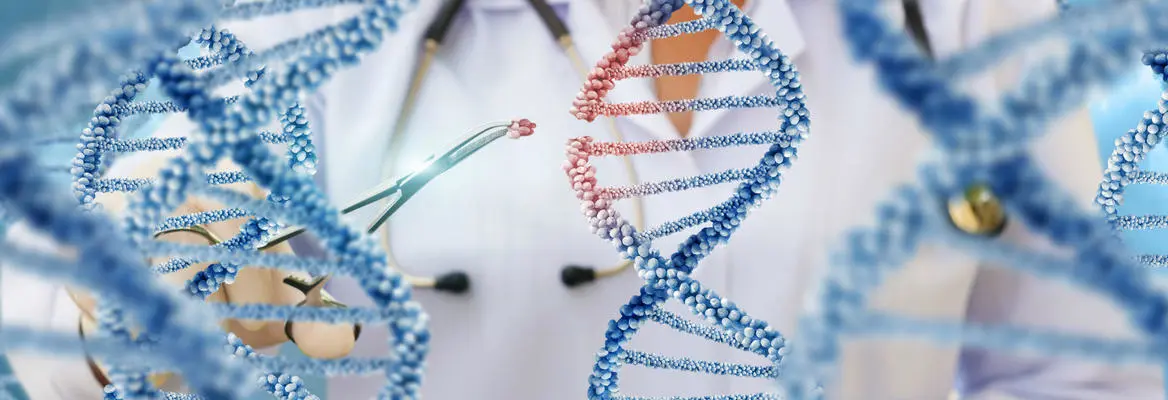The modification of genomes is synonymous with human progress. As such, technological advances improving the precision with which we are able to modify genomes can only be a good thing. So why does it make us so uneasy?
Much of human progress can be attributed to the domestication of plants and animals into crops and livestock. Domestication is the slow and arduous process of concentrating desirable traits within a particular species by deliberately breeding individuals carrying these traits. Domestication is usually undertaken with the intention to secure a predictable supply of resources from the particular species, and as such these traits are usually relevant to the particular human application in question.
For example, red junglefowl have been domesticated over the last 7,000 years into the important source of meat and eggs for many humans around the world now known as the domestic chicken. Domestication of plants and animals was a tipping point in human progress some 12,000 years ago as it permitted settled farming and ultimately the development of civilisations.
It should come as no surprise that with the discovery of genes as units of information came the desire to understand how they work.
Technically speaking, these desirable traits are encoded by genes in the genomes of individual organisms, commonly referred to simply as “in its DNA”. Therefore, it should come as no surprise that with the discovery of genes as units of information came the desire to understand how they work. With time, scientists have gone from crude approaches that introduce random mutations throughout genomes by any means imaginable, to more refined methods of genome modification. Increases in knowledge usually translate into a reciprocal increase in the control humans can exert upon themselves, animals and their environment.
Thus, while domestication is a slow and roundabout road to modifying genomes, and classical genome modification in the lab is an improvement upon domestication, recent advances in molecular biology, namely CRISPR-Cas9 genome editing, represent unprecedented ability to modify genomes.
Yet the most striking aspect of this area of human progress, in my mind at least, is the apparent acceptance of domestication as natural, and genome modification/editing as decidedly unnatural.
On a biological level, while the process takes different amounts of time, the outcomes are essentially the same: genomes change. Is it that domestication sounds more like gently steering the sails of nature, whereas the word editing elicits an uncomfortable sense of control and responsibility? Is this level of control and responsibility something we only feel comfortable wielding upon plants and animals, but not on ourselves or each other? Is it acceptable to feel comfortable using genome editing on animals for human ends, but not on humans directly?
It should come as no surprise that with the discovery of genes as units of information came the desire to understand how they work.
While the much-needed debate surrounding genome editing continues - focusing on issues like its potential, the ethical issues involved, and cost-benefit analysis - it is worth keeping a keen eye on our own biases and philosophical blind spots.
There is, however, a significant difference between “could”, “can” and “will”. Biology is complex and prone to unpredictable mutations. Thus, the outcome of any intervention is always a matter of probability. Much as a car mechanic must understand how a car is built before they open the bonnet and commence tinkering, most of us would agree that we should understand our biology considerably more before employing CRISPR on human beings. Put simply, our tools far outstrip our current knowledge of our biology.















Join the conversation